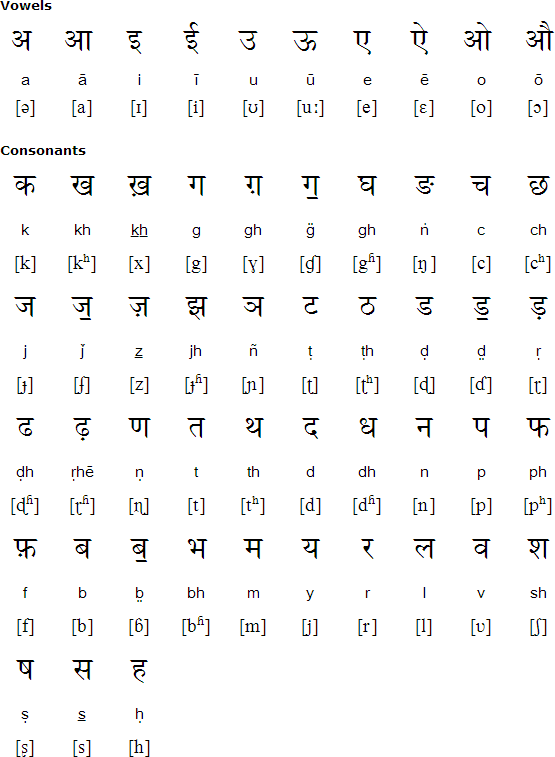

I kept my focus on ordinary Hindu Sindhis and their experiences during the Partition. I wrote the account out, and a week later, he said he would prefer to keep his life private. I watched him agape, as he really walked into the sunset with a spring in his step, towards his girl friend and chauffeur-driven expensive car. He became embarrassingly rich, divorced his wife, and sailed through life. One 85-year old told me of all the mischief he had done, after the Partition. I lost count of recorded interviews that became useless with one phone call. I often asked myself why I should continue.

One day I was shocked, another day delighted and on a third day, depressed, it was a real roller-coaster. Access to the rich and famous was often blocked off by over-zealous secretaries. Sometimes, to my surprise, I met total strangers who welcomed me warmly, at other times, with sadness I interviewed elders with multiple aeging troubles and then, I met many who were too cynical to "waste their time" being interviewed for something which promised no monetary returns. The journey through this book has been interesting, to say the least. This is a serious work of research, of historical significance for all Hindu Sindhis. Now that I have collected true stories of Hindu Sindhis, do read the book and preserve it for generation next. In Mumbai, it was me saying-Somebody, write the book before its too late! But there were no volunteers. Nargis Awatramani (USA) to Govind Jhangiani (U.K) from Arjan Daswani (Singapore) to Shewak Nandwani (Thailand), the question was practically a refrain. I wondered why nobody was writing a book on the experiences of Hindu Sindhis. This is what many Sindhis were saying until last year. "Somebody should write about our Sindhi elders and their Partition experiences before we lose that history forever." A little while and you will have forgotten everything:a little while and everything will have forgotten you.


 0 kommentar(er)
0 kommentar(er)
